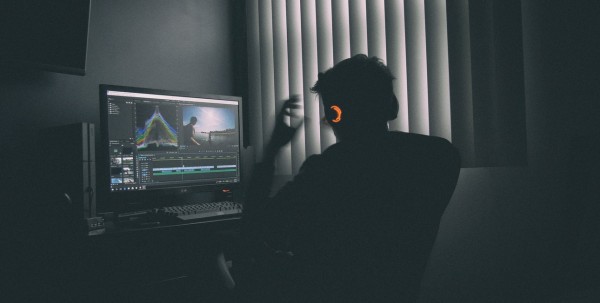The video-sharing platform will also ban "implied threats of violence" as part of its new harassment policy.
A row erupted in June after a prominent video-maker said he had been the target of abuse by another YouTube star. At the time, YouTube said its rules had not been broken. But it has now deleted many of the videos in question.
"Even if a single video doesn't cross the line, with our new harassment policy we can take a pattern of behaviour into account for enforcement," Neal Mohan, chief product officer at YouTube, told the BBC.
What does the updated policy say?
- Prior to the change, YouTube had already banned videos that:
- contained explicit threats of violence
- bullied somebody about their appearance
- revealed somebody's personal information
- encouraged viewers to harass an individual
But the new policy also bans:
- "veiled" or implied threats of violence, such as saying "you better watch out"
- simulated violence towards an individual
- malicious insults based on protected attributes such as race, gender expression or sexual orientation
YouTube said the new policy would apply to "everyone" including politicians and popular YouTube stars as well as the general public.
Video-makers who consistently break the rules will have their ability to earn advertising revenue restricted, and may have videos deleted or their channel closed.
The company said there would be some exemptions from the new policy, including insults used in "scripted satire, stand-up comedy, or music".
Mr Mohan told the BBC that individual complaints would have to be judged on a case-by-case basis, with the context of each video being taken into account.
YouTube stated they had consulted with think tanks, video-makers, Google employees and other third parties to help inform its policy.
https://www.bbc.co.uk/news/technology-50733180?intlink_from_url=https://www.bbc.co.uk/news/topics/c207p54m4pdt/social-media&link_location=live-reporting-story



